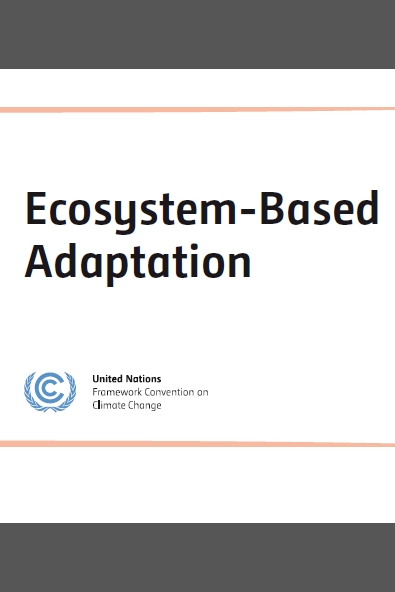
Introduction
Healthy ecosystems play an important role in delivering services that help people adapt to climate change. This calendar showcases examples of ecosystem-based adaptation, which take a range of approaches for the sustainable management, conservation, and restoration of ecosystems to provide services that enable people to adapt to the impacts of climate change.
United Nations affiliated organizations, intergovernmental and regional organizations and networks, and research institutions have been engaged in implementing these ecosystembased approaches with an aim to maintain and increase resilience and reduce the vulnerability of ecosystems and people in the face of the adverse effects of climate change.
Ecosystem-based adaptation actions involve: initiatives to assess vulnerability; capacity building, design and policy measures; and implementation of measures, for example in the form of pilot and demonstration schemes, establishment of protected areas, etc. These local, national and regional initiatives, several undertaken in collaboration with NGOs, have demonstrated multiple economic, environmental, social and cultural benefits by ensuring livelihood sustenance and food security, conservation of biodiversity, sustainable water management, and disaster risk reduction, among other benefits.
Information on relevant adaptation activities under
UNFCCC is available at <http://unfccc.int/4159.php>.


































